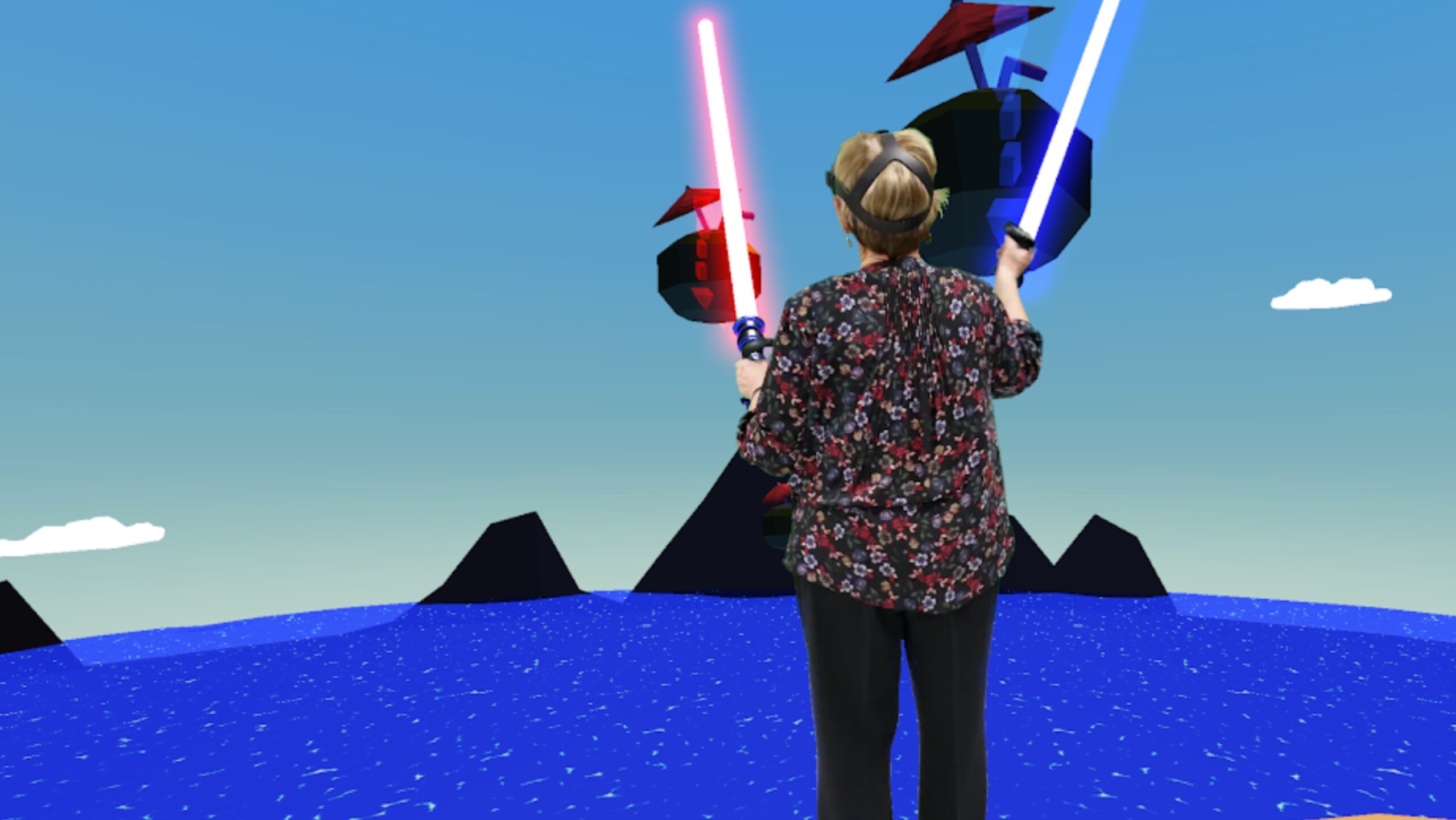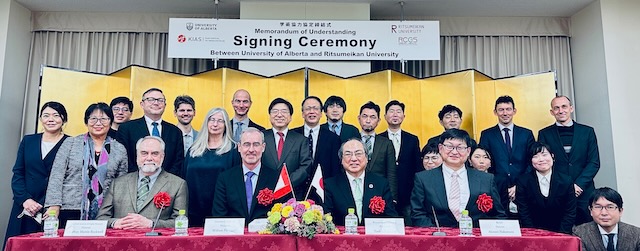Here at DH 2025 in Lisbon, Portugal, I heard a paper about a neat Japanese projects, Humanitext Antiqua – ヒューマニテクスト. They allow you to identify an ancient philosophy subcorpus (eg. Plato) and then ask questions of that. I was able to get all sorts of interesting results since they have trained their system on Greek and Roman philosophers like Aristotle and Cicero.
Here is a reference to the project:
Naoya Iwata, Ikko Tanaka, Jun Ogawa, ‘Improving Semantic Search Accuracy of Classical Texts through Context- Oriented Translation’, Proceedings of IPSJ SIG Computers and the Humanities Symposium. Download link: https://researchmap.jp/n.iwata/published_papers/48448512


